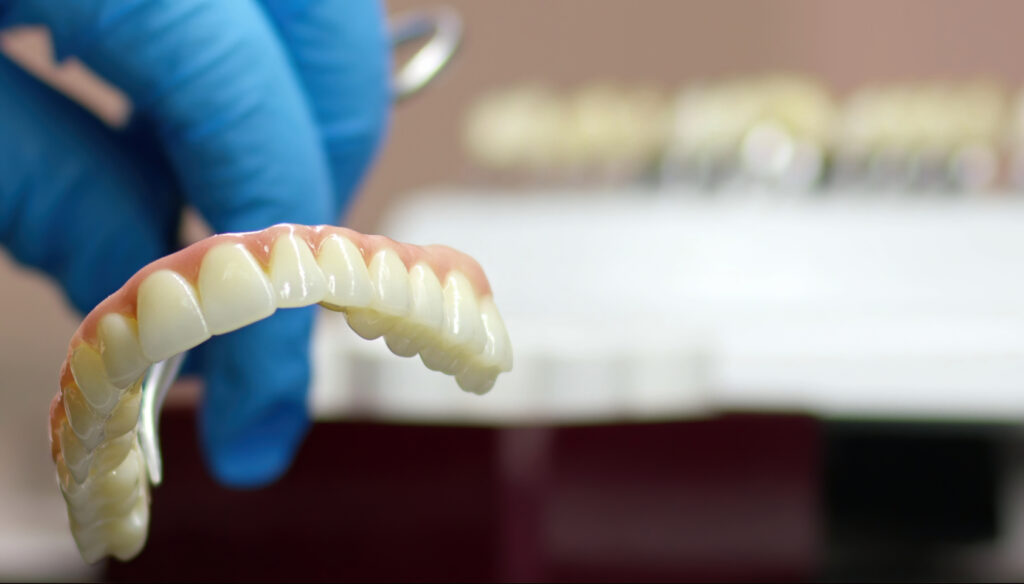
Much like a family doctor is a patient’s primary care coordinator and first point of contact, a
family dentist can provide a variety of general dental services and help coordinate a patient’s care with other providers. While some orthodontic procedures can only be performed by a licensed orthodontist, others can be carried out by a general dentist.
What are the differences between an orthodontist and a family dentist?
A small percentage of
family dentists are also orthodontists, but most are general dentists. The primary difference between a general dentist and an orthodontist is training. General dentists and orthodontists both complete four years of undergraduate education, four years of dental school and must also pass written and clinical licensing exams before practicing. Orthodontists finish additional instruction that includes a two to three-year residency and more than 4800 hours of training.
Services offered by family dentists
General dentists are usually a patient’s primary dental care provider. They offer a variety of dental services that include a number of routine procedures:
- Annual checkups
- Teeth cleaning
- Fillings
- Treatment of mild gum disease
- Tooth extractions
General dentists may also provide services that improve the appearance of teeth, such as tooth bonding, teeth whitening, caps, crowns and dental veneers. A general dentist will usually refer a patient to an appropriate provider for more complex procedures.
Services offered by orthodontists
An orthodontist’s focus is aligning the jaws and moving teeth. Patients may need an orthodontist for procedures that involve correcting gaps in the teeth, jaw alignment, overcrowded teeth and teeth that stick out. Orthodontists use technology, including x-rays and photographs of the teeth, to map out a treatment plan that may involve dental appliances, such as braces or clear aligners.
When does a patient need an orthodontist?
In some states, a general dentist can offer orthodontic procedures such as braces. Orthodontic processes performed by general dentists usually involve simple cases that can be treated with less complex appliances, such as some types of clear aligners. Because more complicated treatments require extensive training, advanced cases are usually referred to an orthodontist. When deciding between a general dentist and an orthodontist, a patient should consider the amount of experience the general dentist has with the particular type of procedure needed. If a patient is unsure about whether to have a specific process carried out by a general dentist, it can be a good idea to get a second opinion.
Conclusion
A
family dentist is a patient’s primary point of contact when it comes to dental care. This provider performs regular checkups and routine procedures and may be able to offer some types of orthodontic care. However, some orthodontic treatments require the advanced training of an orthodontist. A family dentist can be a good place to start for most orthodontic requirements because this dental professional usually knows the patient and can suggest a proper plan of action. Family dentists who do not offer the needed services can refer patients to a suitable orthodontic provider to complete the necessary treatment.
Request an appointment here: https://buforddentist.com or call North Atlanta Center for Cosmetic & Implant Dentistry at (770) 932-1115 for an appointment in our Buford office.Check out what others are saying about our services on Yelp: Read our Yelp reviews.







